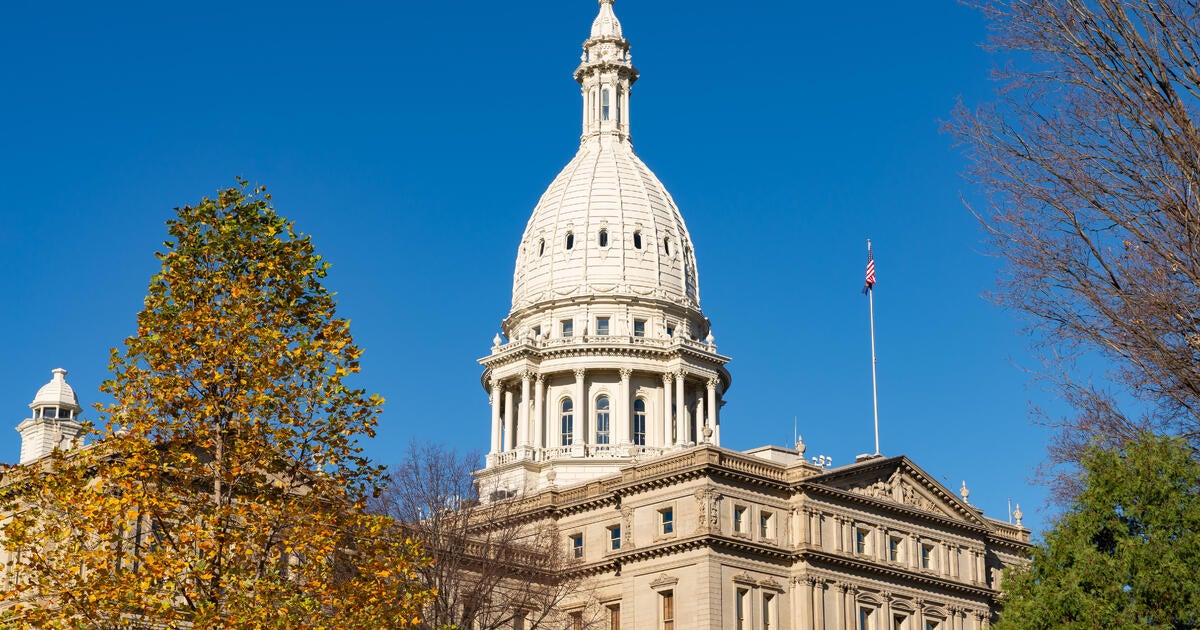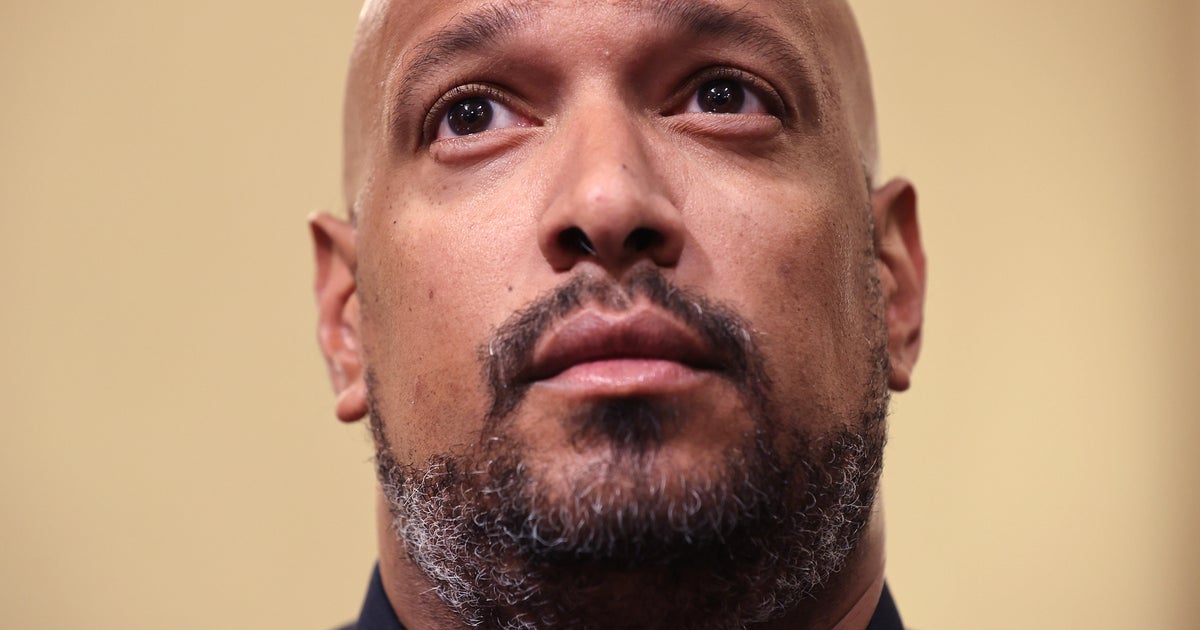John's Notebook: What is "regular order"?
In the latest health care debates, you've probably heard the term regular order. John McCain said the lack of regular order is why he's not supporting the most recent bill.
Regular order is Washington jargon, but it basically means doing things the agreed upon way. At the bank you expect the line you stand in to order the turns of those waiting for the teller. When you visit the DMV and the rules change each time, you feel a glowing rage.
In Congress, regular order is the process for tackling tough problems- studying them, applying expertise and arguing them on the merits without personal attacks.
It's also a mindset for a place where everyone has to work together the nex day. It sets the conditions for heated arguments so everyone feels heard and respected. It grounds debates in the values of the institution-- fairness, equality, justice-- which temper the passions of the moment.
Regular order doesn't always lead to compromise. But compromise is less likely without it. Regular order doesn't always mean less partisanship. Partisan hotheads can still hijack the public process.
But without regular order people get suspicious of the final product. Losers feel cheated and invited to undermine the law.
If laws are to be followed, it's odd to pass them in a process that says the rules don't matter. But if voters want the compromise available through regular order they have to be patient. It's messy, slow and imprecise. It was designed that way.
In most formal meetings, if proceedings descend into chaos, a participant can get things back on track by shouting "regular order." Though people may not know the term, they've been calling for it in Congress for a long time.
Back in a moment.



